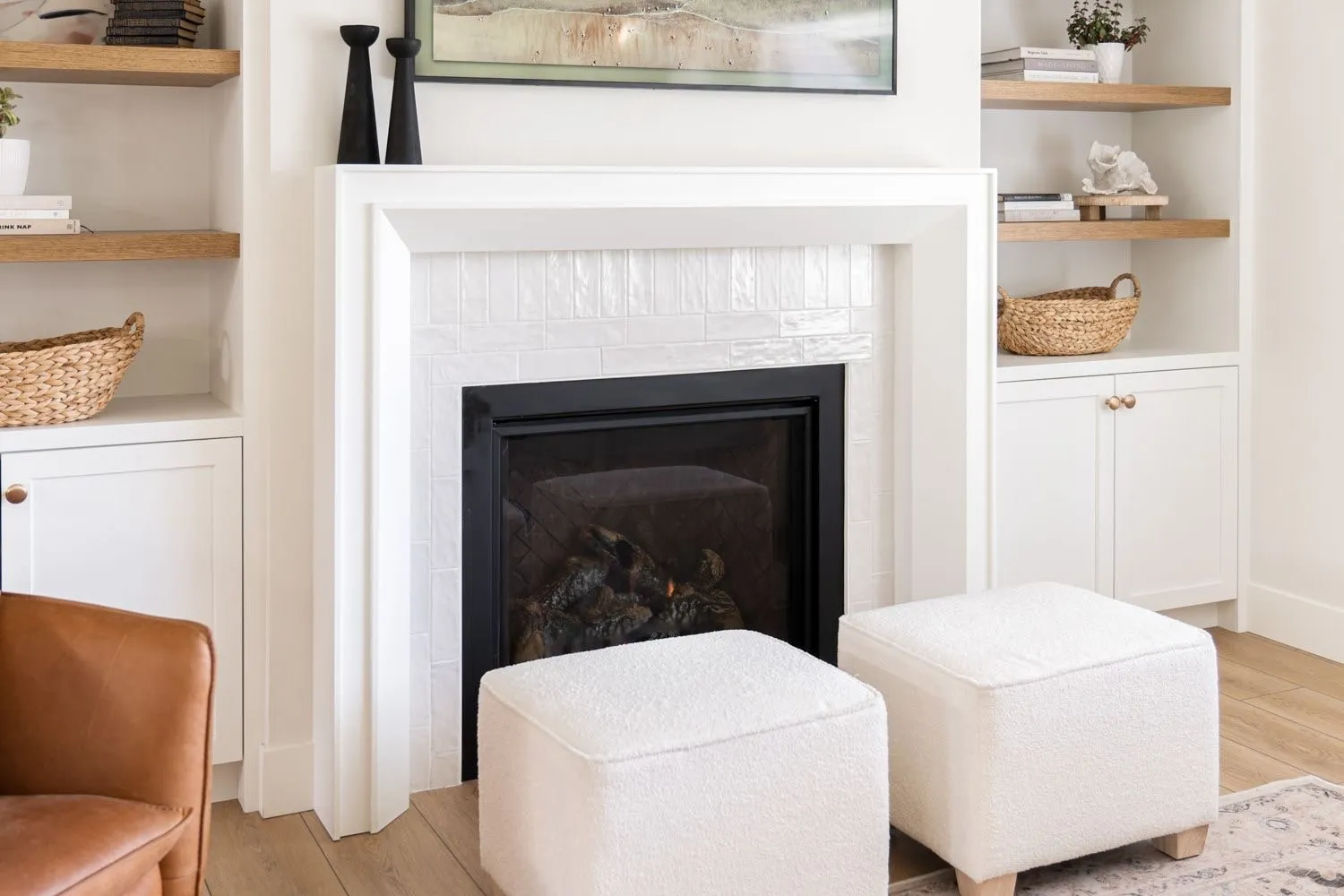
In interior design, texture does the heavy lifting you don’t always see. It softens sharp edges, adds warmth where things feel cold, and makes a room feel lived-in instead of just decorated. Minimalist or maximalist, modern or traditional—every style comes alive through texture.
What Is Texture in Interior Design?
In simple terms, texture refers to how a surface feels—or looks like it feels. Some textures are tactile, like a plush velvet sofa or a rough-hewn wood table, while others are visual, like a wallpaper that mimics linen. Designers often use both to create interest, dimension, and balance in a space.
Texture can be soft or hard, smooth or rough, matte or glossy, light or heavy. The best interiors include a thoughtful mix of contrasting textures that work together to create harmony.
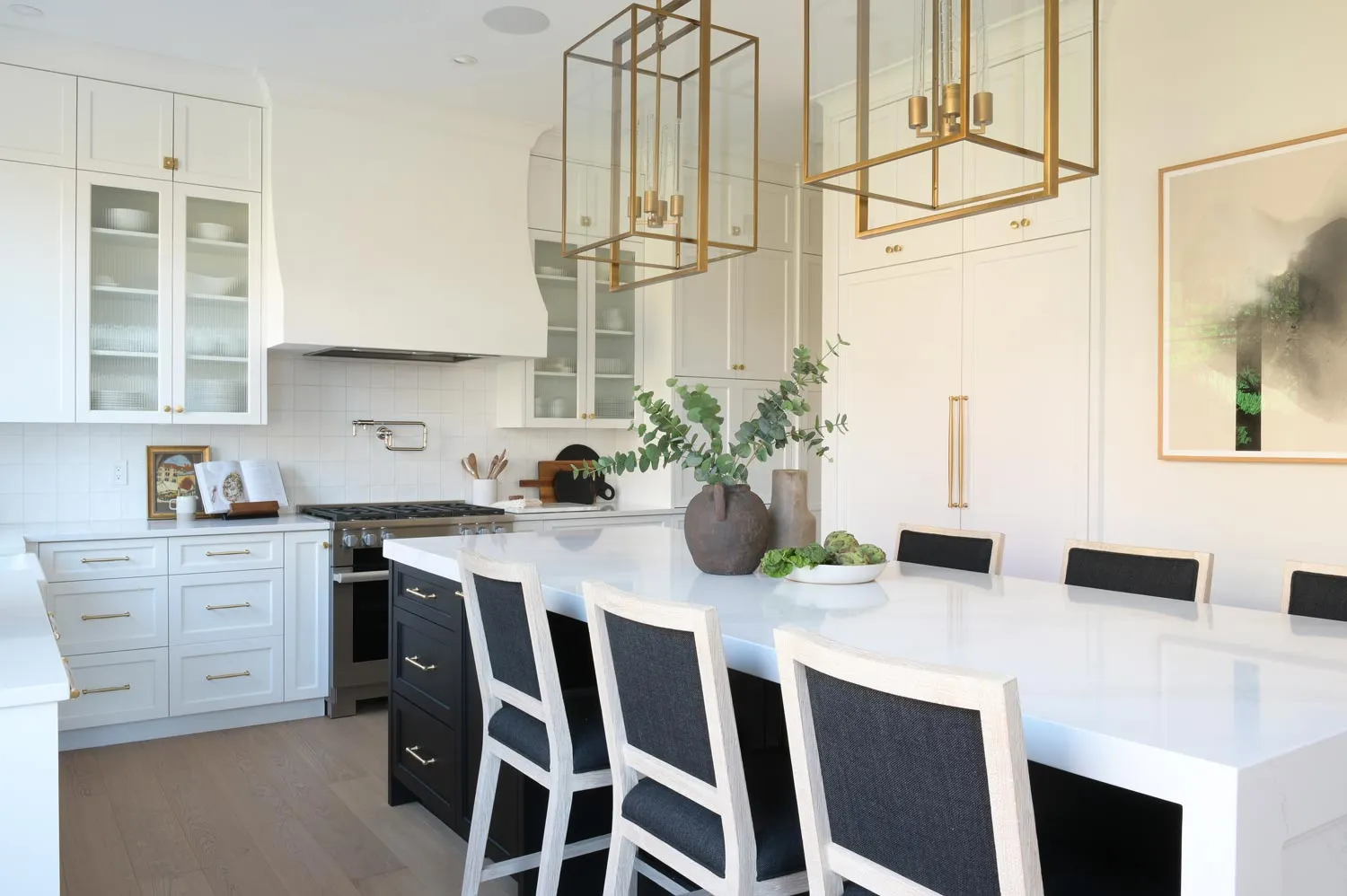
Why Texture Shouldn’t Be Ignored
Texture instantly adds depth, dimension, and personality to your home. By expertly layering different textures, designers are able to create a visual and tactile story that draws the eye, encouraging it to explore the space. In addition, it:
- Prevents monotony – A room in a single colour palette will gain a sense of richness and look more dynamic when layers of texture are introduced.
- Connects with the senses – Texture engages both the visual and tactile senses, making a space more engaging and enjoyable.
- Enhances mood and evokes feeling – Soft textures create warmth and a cozy feeling, while sleek, reflective surfaces evoke modernist sophistication.
In short, texture is what makes a room feel finished, lived-in, and inviting.
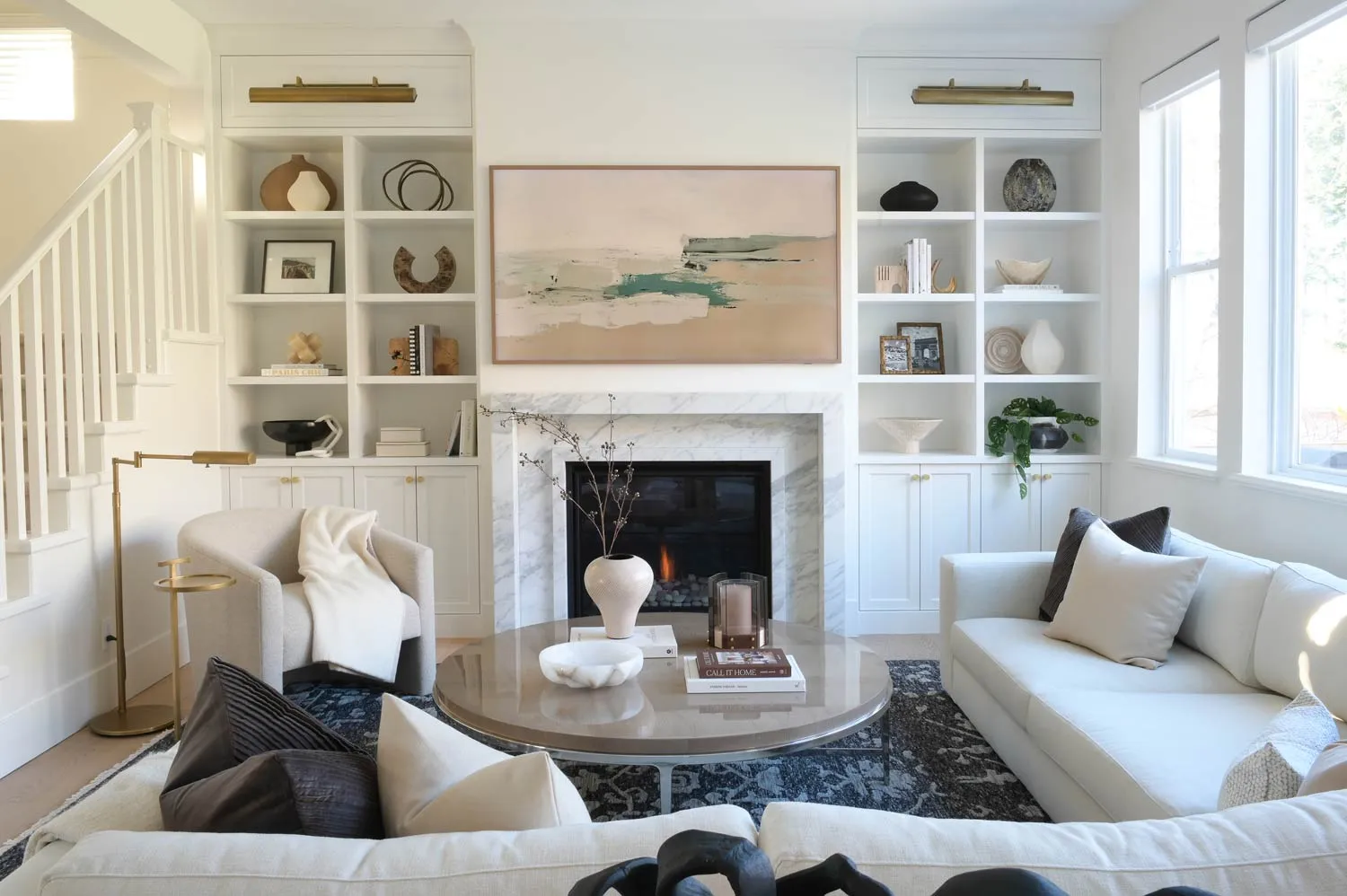
7 Ways to Add Texture
To get you started, here are some simple, effective ways to incorporate texture throughout your home:
1 / Soft Furnishings / Textiles
- Layer throw blankets, pillows in different fabrics, curtains, and even fabric wall decor
- Add rugs to ground the room and add warmth
- Mix upholstery materials: don’t match chairs, sofas and ottomans
- Combine different textures like linen, velvet, boucle, rope, wool, etc. for depth
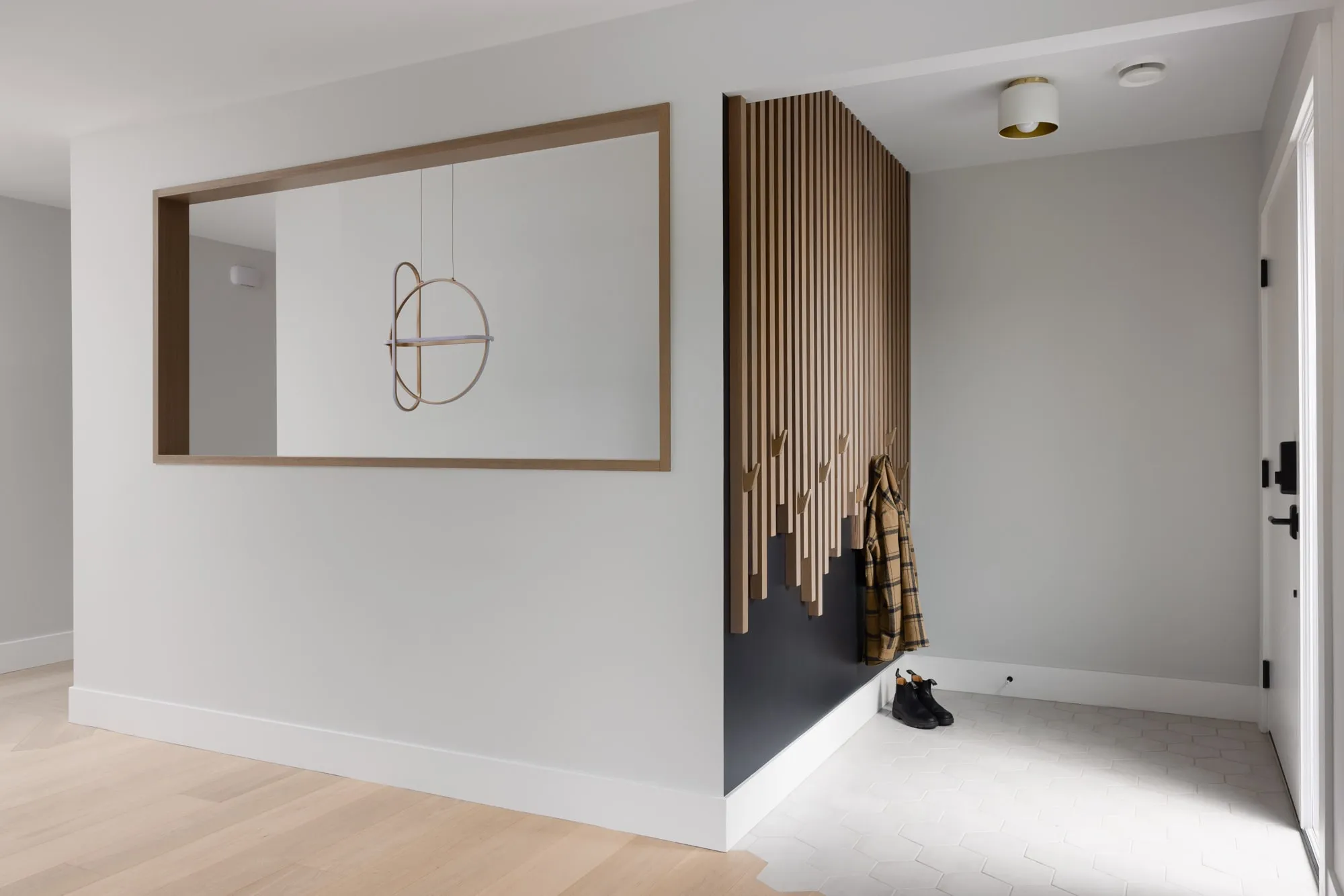
2 / Textured Wall Finishes
- Add visual texture with patterned wallpaper, limewash, wall panels or wainscotting
- Consider incorporating materials like shiplap, brick, stone or tile
3 / Natural Materials
- Bring in wood, stone, cane, leather, and straw to add rich, organic texture
- Incorporate metal accents in different finishes, e.g. polished, matte, burnished
- Combine wood species and/or finishes for variety, e.g. flooring and cabinetry
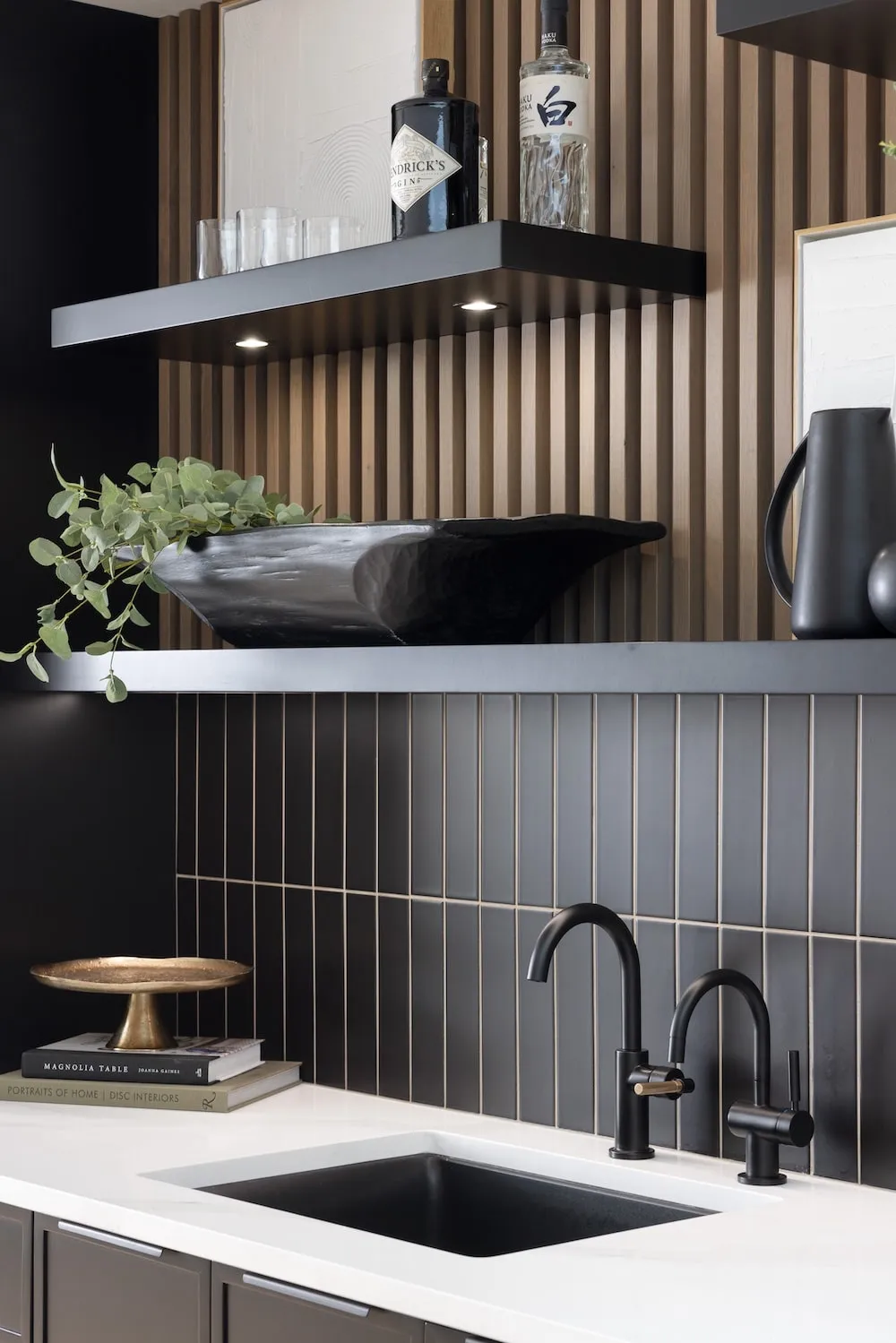
4 / Greenery
- Add plants for multiple benefits including softening clean lines, adding natural texture and freshness, as well as purifying the air
- Mix plant types for visual interest, e.g. large waxy leaves vs. feathery fronds
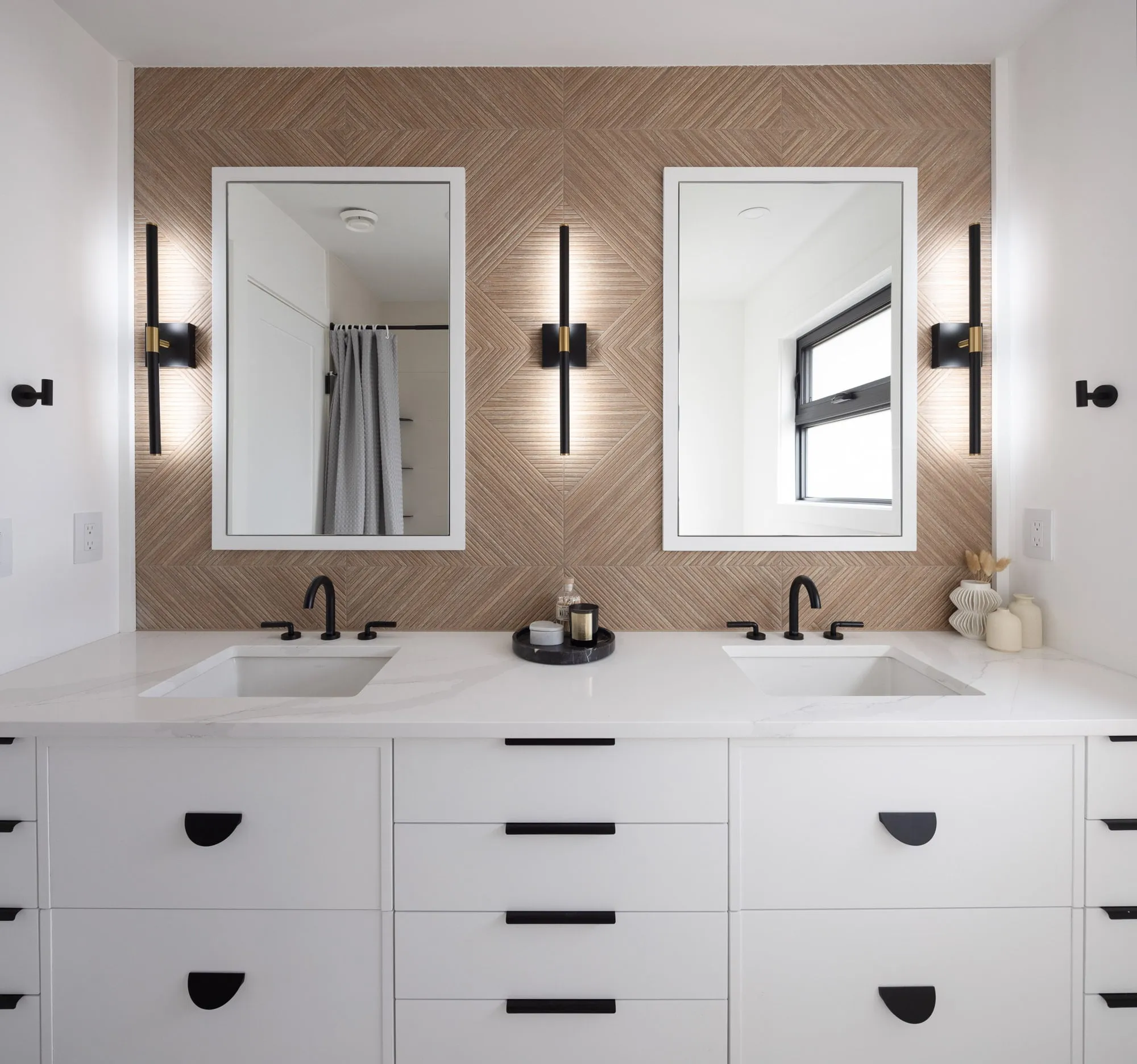
5 / Lighting
- Vary lighting materials and finishes, e.g. fabric, woven, paper, metal, glass
- Mix fixtures and lighting types (ambient, task, etc.) to create a layered, cozy atmosphere and highlight surfaces in the room
6 / Artwork and Decor
- Hang textured artwork rather than the usual framed print behind glass: choose textile art, carved wood panels, or framed paintings with raised surfaces
- Mix in vintage or handmade ceramics
- Choose varying types of woven or felt baskets for storage
- Incorporate contrasting textures on open shelves such as a wood bowl, glass, books, plants, handmade pottery, and/or artifacts
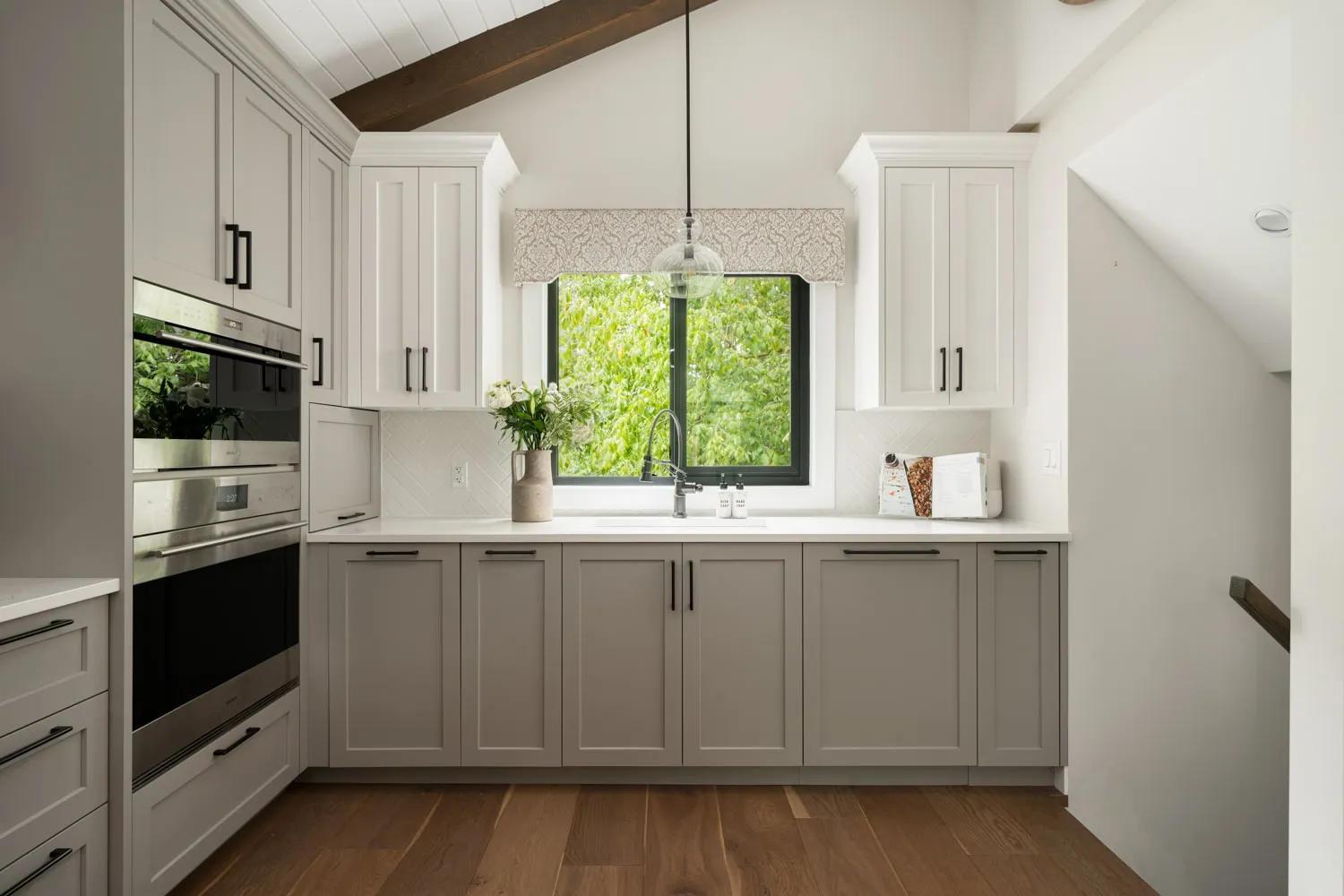
7 / Architectural Details
- Build texture into rooms with paneling, crown moulding, coffered ceilings, exposed beams, trim, windows, and doors
- Don’t forget texture can add dimension even in areas like stairways, e.g. combine a woven runner with a wood floor and smooth metal balusters topped by a painted railing
Texture is what makes a room feel thoughtful and complete. It elevates spaces by adding depth and visual interest while thoughtfully engaging the senses. Whether you’re planning a full renovation or simply refreshing a room, don’t underestimate the power of texture to elevate your interiors.
Looking for expert help? Our team of designers can help you transform your space with texture, colour, and completely tailored design solutions. Reach out to book a consultation today.